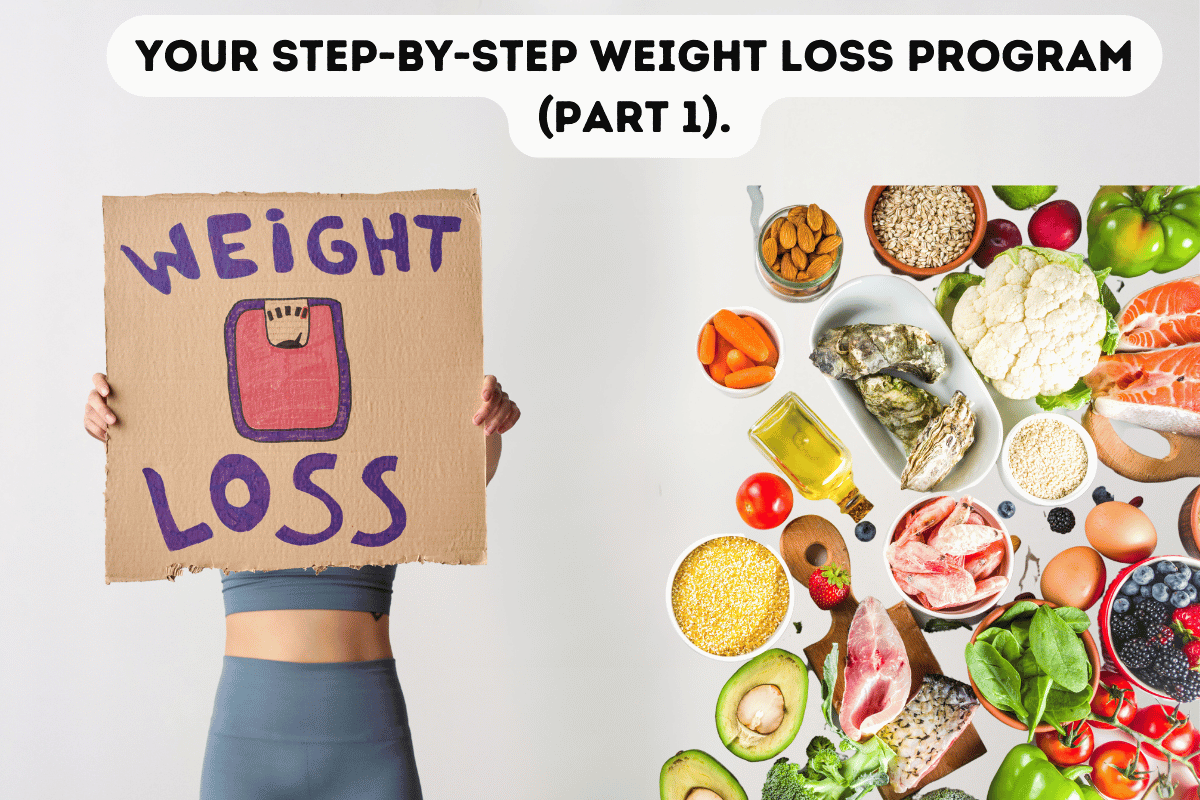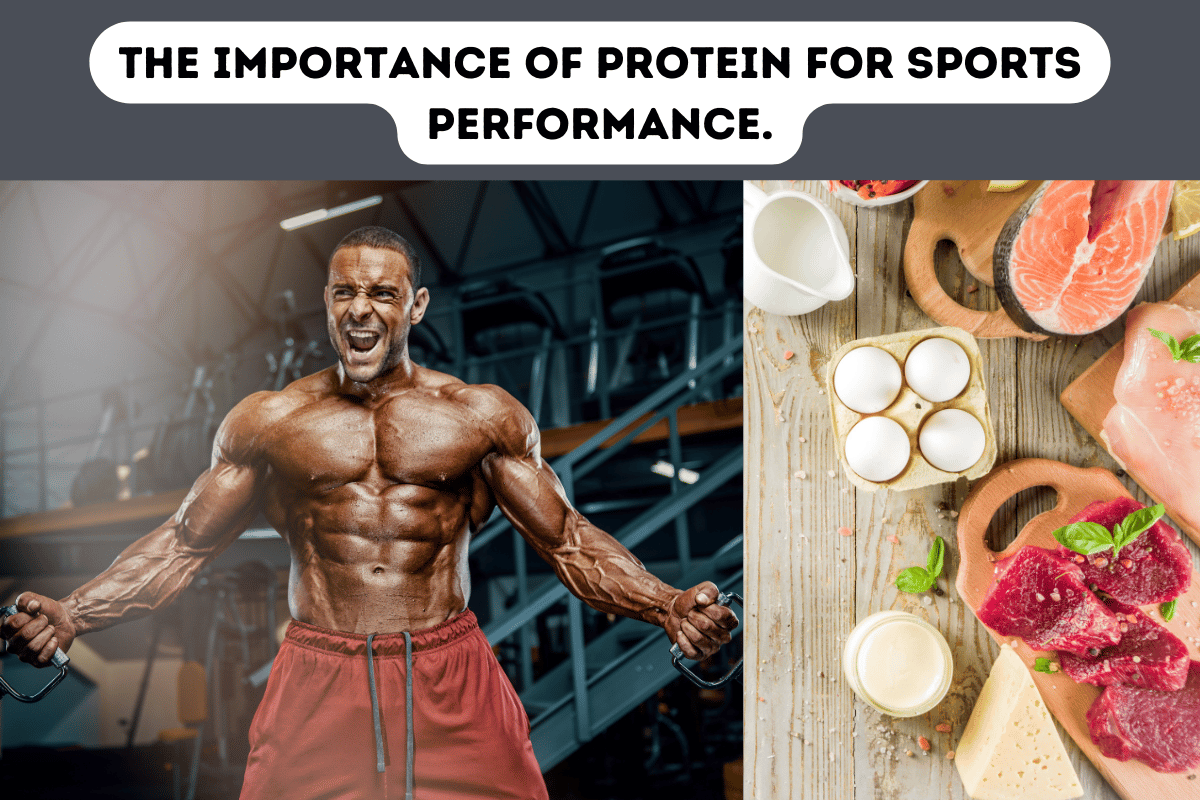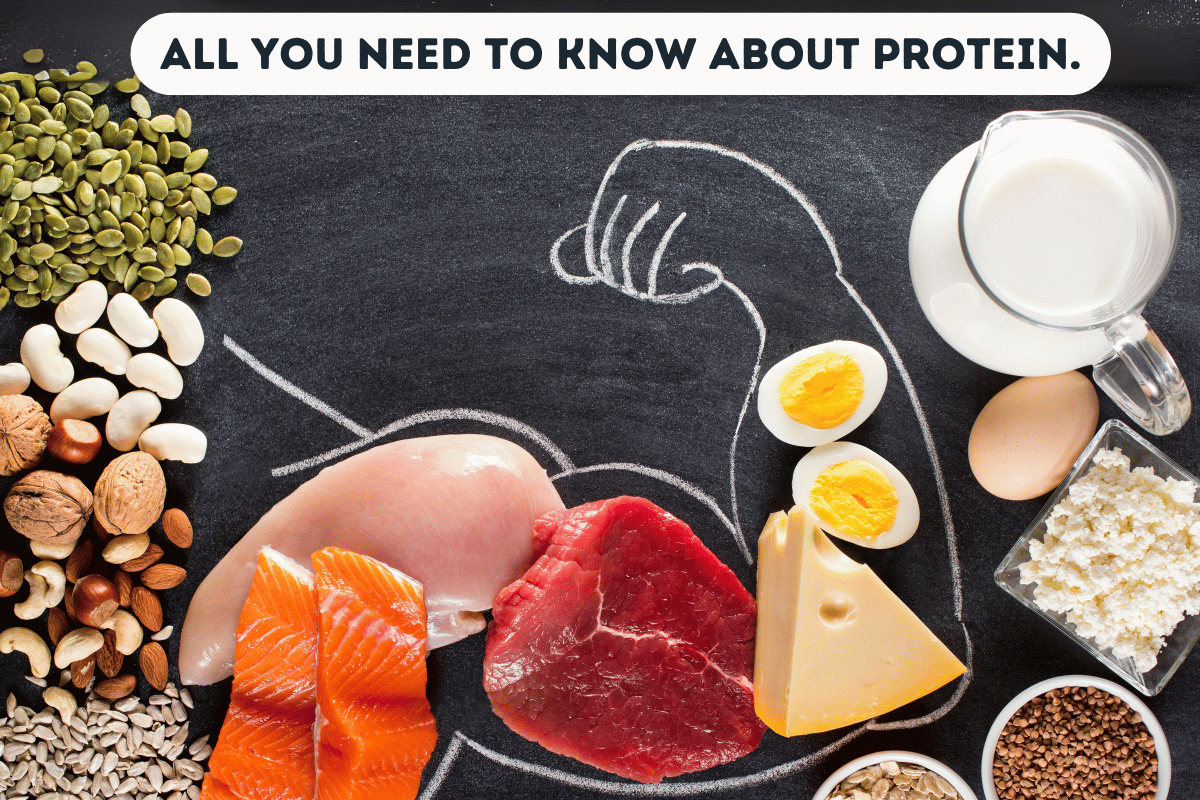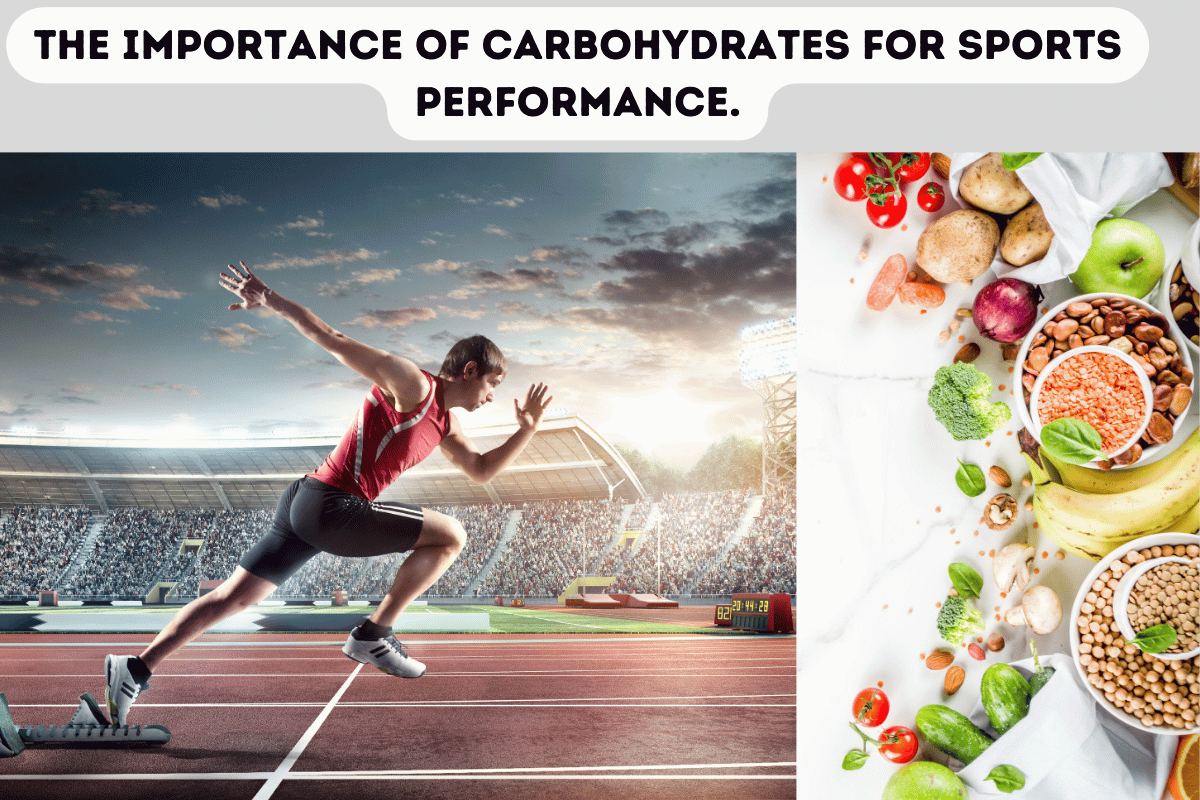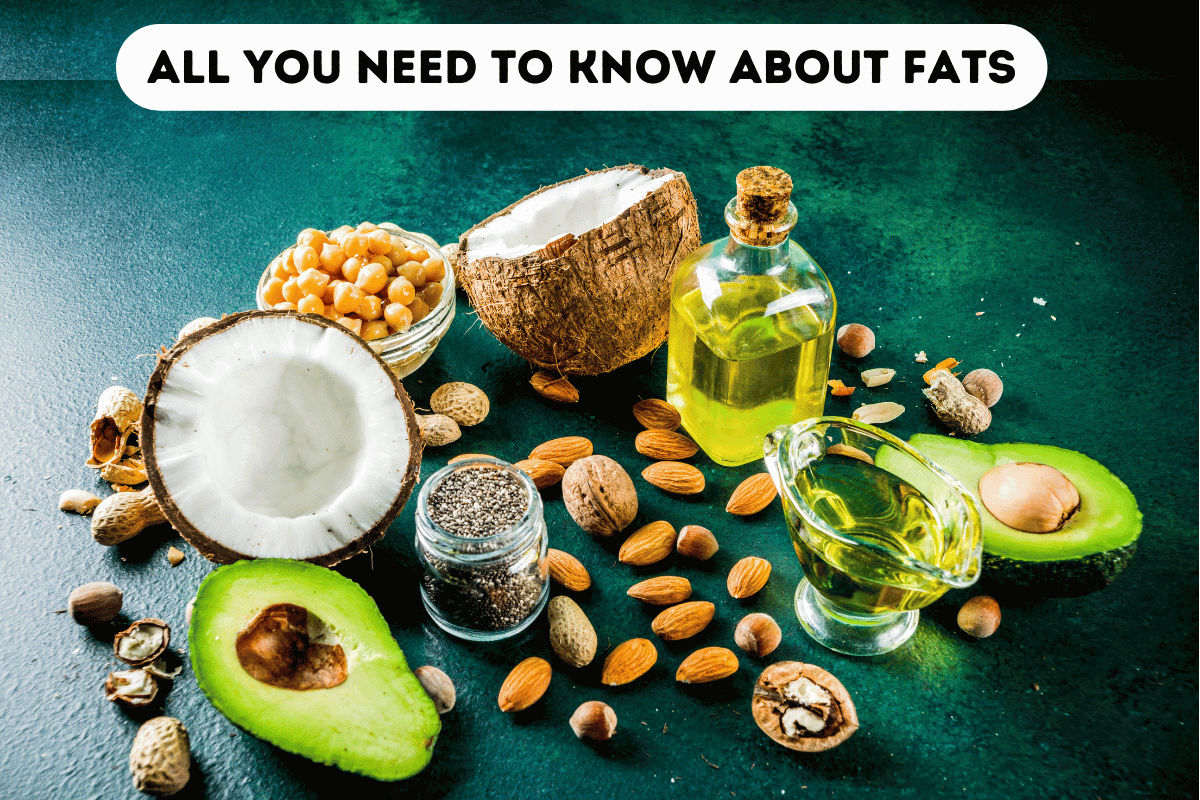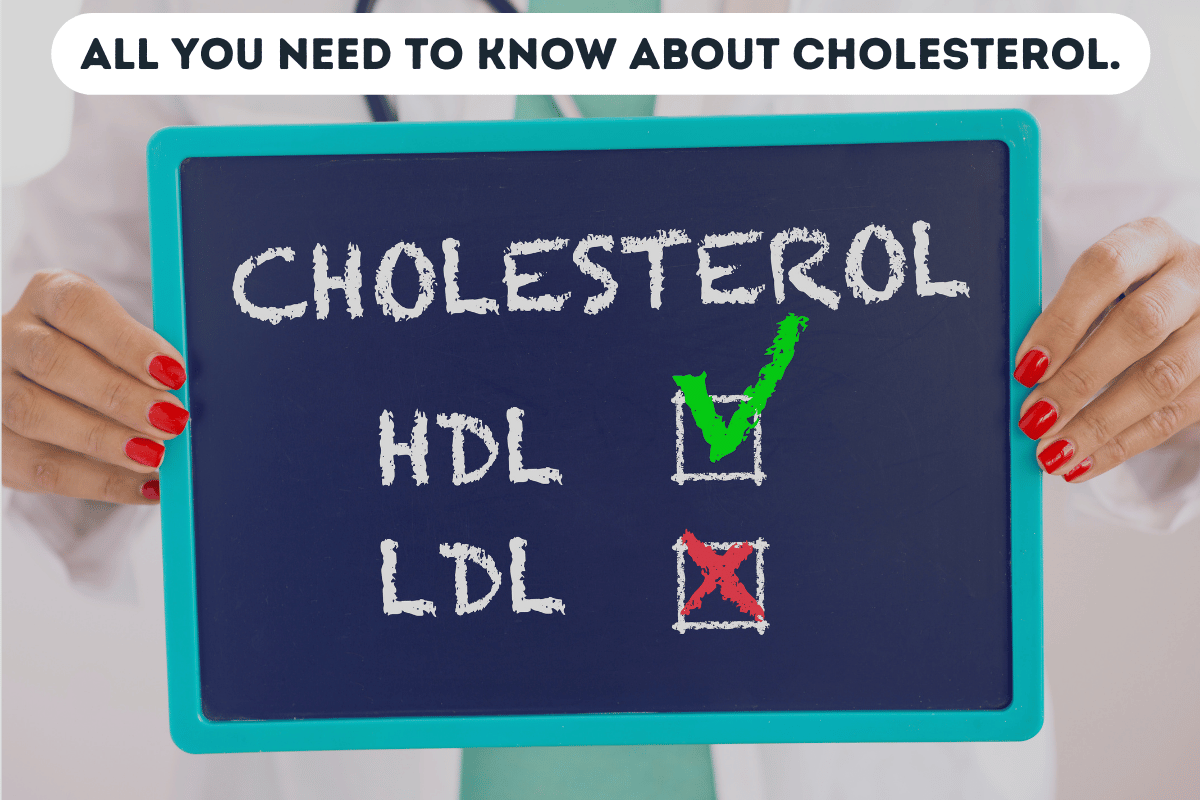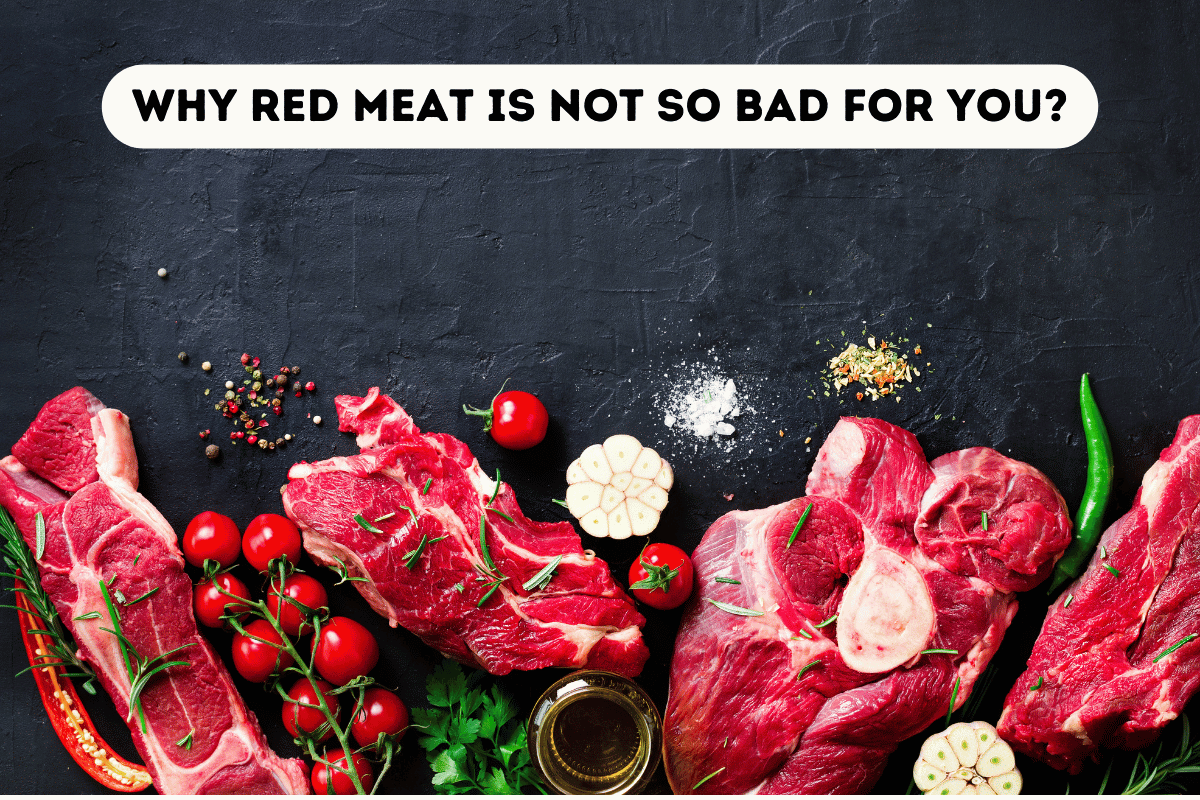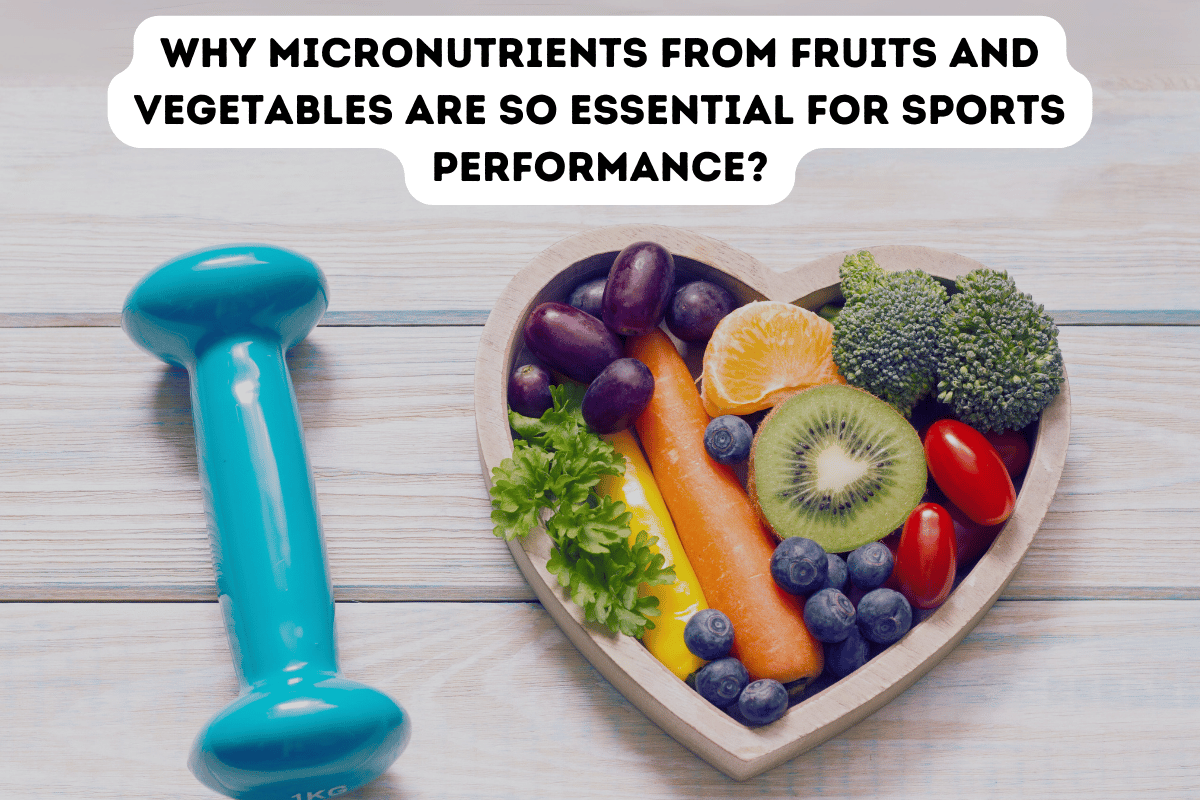Many athletes and fitness professionals are trying to lose weight for performance reasons, to make a competitive weight category or for better health. To get desirable results in weight loss, it is essential to do it properly. If weight loss is too rapid, it can seriously affect health and sports performance. This article will share my knowledge about safe and effective weight loss strategies. In the first part of this article, we will speak about dangers of rapid weight loss,…
In my previous article, "All you need to know about protein", we discussed protein's structure, the difference between animal and plant protein, its functions, and how much protein we need. We know that protein is an essential macronutrient for our bodies, not just for muscle growth. It is responsible for many other bodily functions, like building and repairing body tissues, enzymes, and hormone production. In this article, we will discuss the protein requirements for sportspeople and answer questions like: Do…
Everybody who is trying to build muscles or even just exercising for general health, heard about requirements of protein. Protein is essential macronutrient for our bodies and not just for muscle growth. It is responsible for many other functions in our body like building and repair of body tissues, enzyme, and hormone production. Protein plays a vital role in regulating body processes such as transporting nutrients and it keeps the body healthy by resisting to diseases. Consuming the right amounts…
In the previous article on carbohydrates, "All You Need to Know About Carbohydrates", we discussed the structure of carbohydrates, including simple and complex carbohydrates, fibre, and it's significance. We also covered topics such as glycemic index (GI) and carbohydrate requirements for adults. In this article, we will focus on carbohydrate requirements for athletes. Carbohydrates play a crucial role in fueling various activities, and the amount of glycogen stored in the muscles and liver directly impacts exercise performance. High muscle-glycogen levels…
Fat is usually seen as 'the bad guy' when discussing diet and food intake, but it's important to remember that fat is an essential part of our diet. Fat is necessary for our bodies to function correctly. For example, fat provides more energy than either protein or carbohydrate, releasing 9 kcal/g, whereas carbohydrates and protein release just 4 kcal/g. Fat is stored in the body in the form of adipose tissue and can be used as energy when there is…
For many years people have been told that dietary cholesterol in food can raise blood cholesterol levels which can lead to heart attack or stroke. But now research is telling us that cholesterol is not a bad guy. It may surprise many people, but cholesterol is necessary for our good health. It has many important functions in our body and actually without cholesterol we would not survive. We need cholesterol for Vitamin D and hormone production (testosterone, cortisol, progesterone, and…
Very long-time red meat was associated with heart disease and bowel cancer. Consuming red meat was discouraged for many years, but now research is telling us that it may not be as harmful as we thought. First, observational studies (mainly used for nutritional research) are not always accurate and can give us wrong information. Secondly, red meat is very nutritious (it contains complete proteins, vitamin B12, niacin (Vitamin B3), zinc, selenium, iron, and other nutrients). Also, grass-fed versions of red…
Many athletes understand that optimising nutritional intake is essential for improving sports performance. They know the importance of protein, carbohydrates, and fat for their sports goals but sometimes forget about micronutrients in their diet, which they can get particularly from fruits and vegetables. Micronutrients in fruits and vegetables play an important role in maintaining health, energy production and tissue recovery during exercise and training. On the other hand, a lack of micronutrients in diet can lead to fatigue, muscle damage,…

